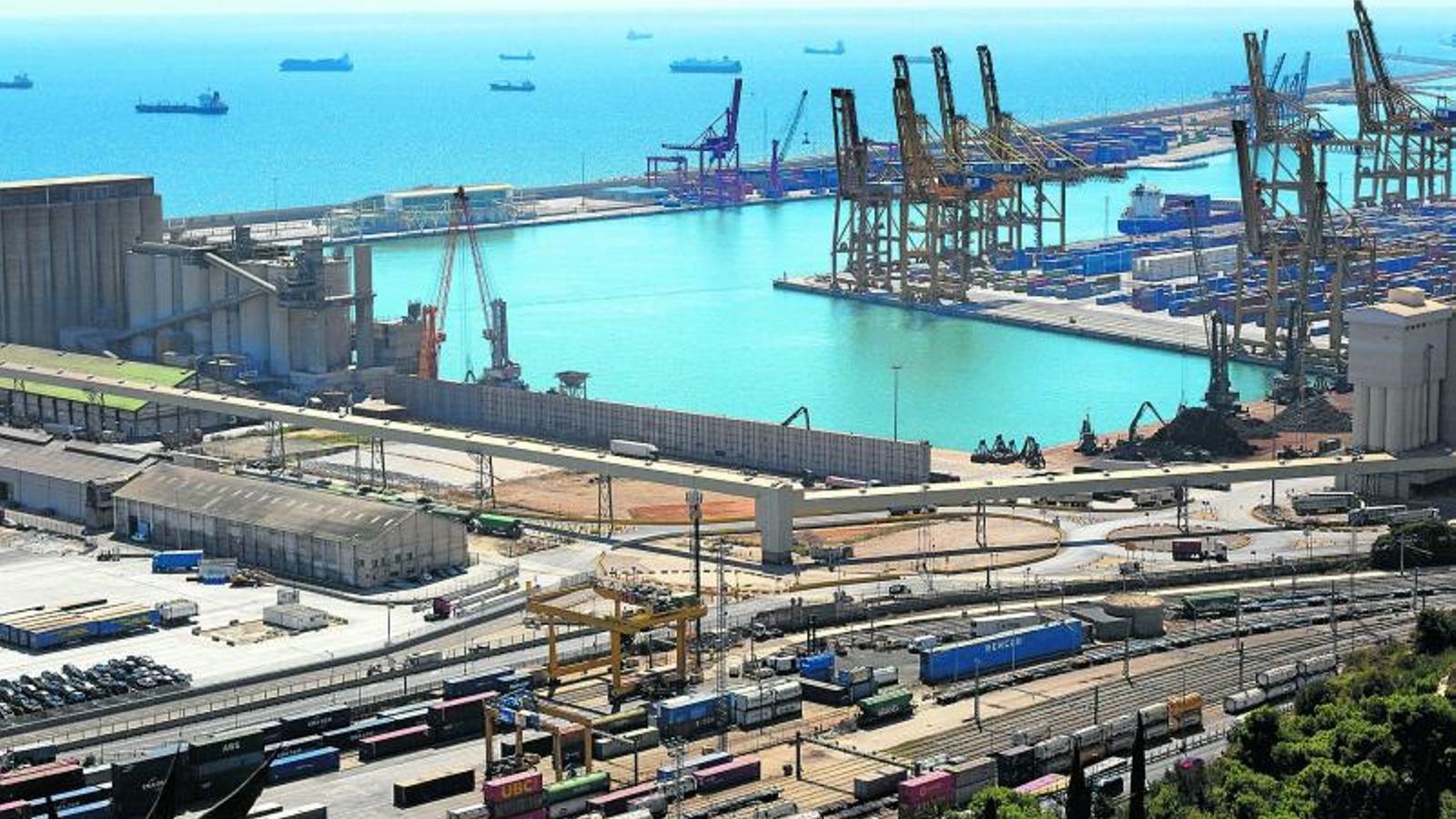The endemic deficit of investment in infrastructure


The competitive disadvantage due to the delays in essential infrastructure that Catalonia has suffered for decades is a serious and unjustifiable handicap. The situation of commuter trains, of many key roads or of strategic accesses –for example, Barcelona's port– is a constant cause of annoyance for the Catalan economy. Endemic delays are accumulating and making the transport of goods and people less efficient and more expensive. Economic dynamism has long since suffered. Precisely for this reason, there is added merit in the fact that things are going quite well and that we are now witnessing a remarkable recovery. In reality, however, the burden falls on companies which, in the absence of the necessary infrastructure, end up exporting thanks to constant and exhausting overexertion and cost overruns. Of course, if infrastructures were built on time, if investments repeatedly promised were delivered on time, we would be better off. Much better. This is what the employers' association Foment has complained about once again – and rightly so. It has drawn up a new technical report in which it calculates underinvestment in Catalonia in the period 2009-2020 to be €35bn.
Unfortunately, it is not surprising that the least compliant administration is the State's. The execution of its programmed investments has only reached 67% of the planned amounts (since 2013, which is since when there is a record of execution). The fact that the work takes so long also has a collateral accounting effect that leads to confusion: successive governments, without taking into account that work is advancing, include the same works to the general budgets in successive years, which is an obvious distortion. In political terms, this means that many millions of investments are often announced for Catalonia that to a large extent never arrive, and so on and so forth. Now, with the Next Generation European funds, the expectation of investment is high, but the danger is that, once again, the same thing will happen, i.e., that the lack of rigour and reliability in executing them will lead to missed deadlines. Despite the added controls coming from Europe to control the destination of the money, it takes a lot of optimism to think that this time will be any different. In the case of the Generalitat, according to the Foment's study, the level of execution of infrastructure budgets is 77%. It is clear, then, that the Catalan administration also fails to comply, but does so to a lesser extent than the State: it is over than 10 percentage points ahead of the State.
For Foment, the normal level of government investment in infrastructure in Catalonia should be €5bn a year, a figure that would represent 2.2% of GDP, as it does on average in the twelve most developed countries in Europe. If we divide the €35bn between the twelve years studied, the deficit of public investment in infrastructure is almost €3bn per year. Therefore, the gap netween what it should be and what it has been for more than a decade is very relevant. It is a serious and persistent anomaly.
